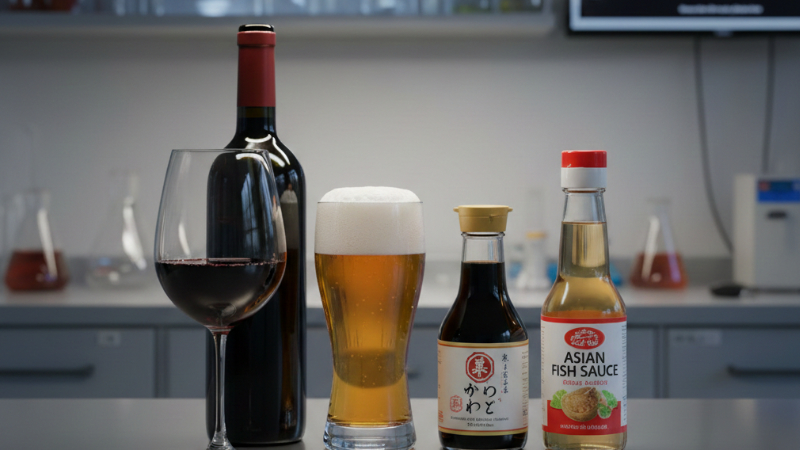
Histamine reduction in drinks: what histamine is, why it ends up in beverages, and how it can be safely removed
If you have ever heard someone say “red wine makes me flush,” “beer sometimes gives me headaches,” or “I can’t tolerate kombucha anymore,” histamine is one of the compounds that often gets mentioned. Histamine is a recurring and costly pain point in fermented liquids (and other liquid food matrices), and producers have surprisingly few practical ways to remove it once it is already there.
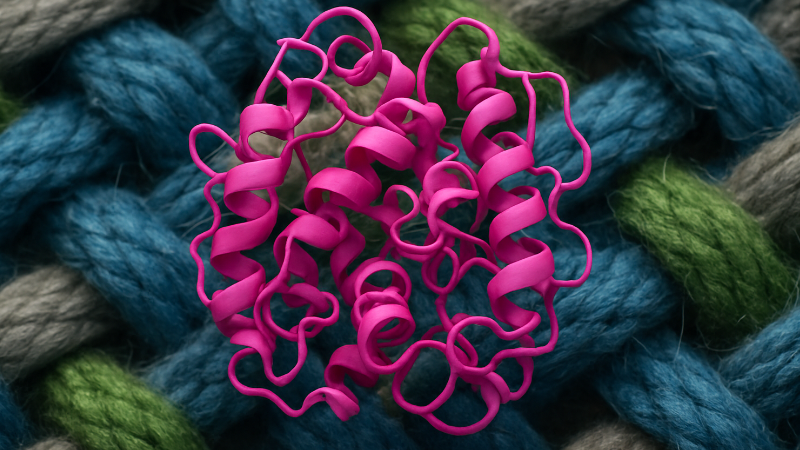
Fibre protection in textiles: why it matters, what’s changing right now, and how XXL-enzymes can help
Textiles are everywhere in daily life, from T-shirts and jeans to wool sweaters, sportswear, medical fabrics, upholstery, and industrial materials. Yet most of us only notice “fibre protection” when something goes wrong such when a favourite knit starts pilling after a few wears.
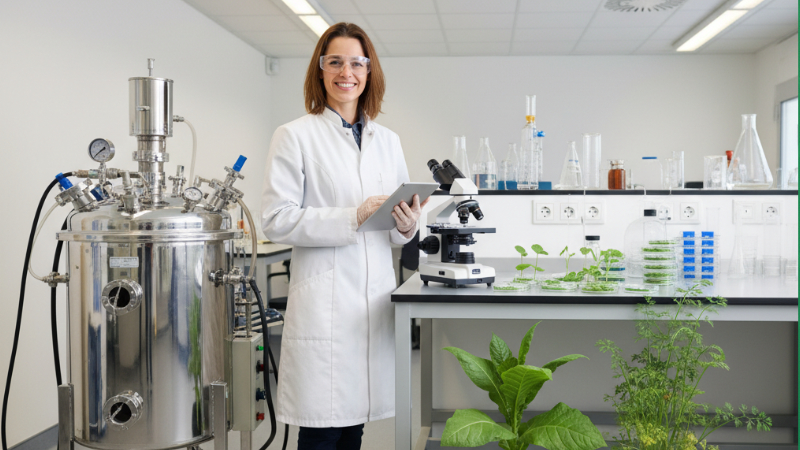
Molecular Farming: The Underdog Revolutionizing Bioproduction
In the dynamic world of biotechnology, mammalian cell cultures and microbial fermenters have long dominated as the primary tools for bioproduction. However, an unconventional contender is quietly emerging: plant-cell-based production systems. Once overshadowed by established methods, plant-cell bioreactors are now demonstrating their potential to produce pharmaceuticals and other high-value compounds efficiently and sustainably. This is the inspiring story of molecular farming—a journey of innovation, resilience, and groundbreaking progress.
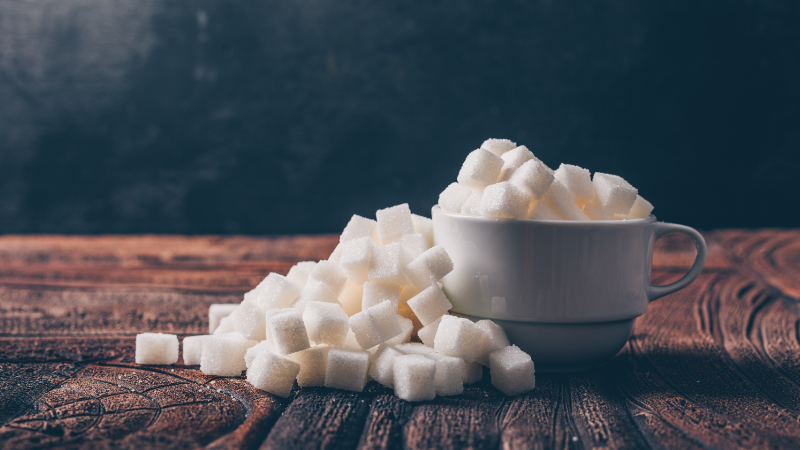
The Sweet World of Sugars in Drinks: What You Need to Know
Sugar. It’s in everything from our morning coffee to that refreshing lemonade you sip on a hot day. Whether you’re toasting with champagne or grabbing a sports drink after a workout, sugar plays a crucial role in shaping flavor, texture, and our overall drinking experience.

The Quest for the Ceramide Keystone
For millennia, adventurers have ventured into the unknown, braving treacherous landscapes in search of legendary treasures. But what if the greatest treasure lies not in some distant land, but beneath our very skin? This is the tale of a an intrepid hero, on a microscopic odyssey to unveil the secrets of healthy skin and vanquish the woes of dryness and irritation.

The Enzyme Chronicles: Battling the Carbon Fiend
In the ancient age of industry, humanity awoke the Carbon Fiend, an insidious entity born of smokestacks and tailpipes. For centuries, the Fiend cloaked the skies, scorched the lands, and churned the oceans. With each passing year, its shadow grew longer, threatening the fragile balance of life on Earth.

Biotechnology: Bringing Cosmetics into a Sustainable Future
In the ever-evolving landscape of cosmetics, where beauty meets science, a silent revolution is underway – one fueled by the power of biotechnology. In today’s world, consumers increasingly seek cosmetics that not only enhance their beauty but also align with their values, i.e., vegan, cruelty-free, and environmentally friendly. Traditional approaches, reliant on chemical synthesis or resource depletion, no longer suffice in the face of growing demand for sustainable alternatives. Fortunately, biotechnology offers a promising solution, providing new opportunities for both customers and the cosmetic industry.
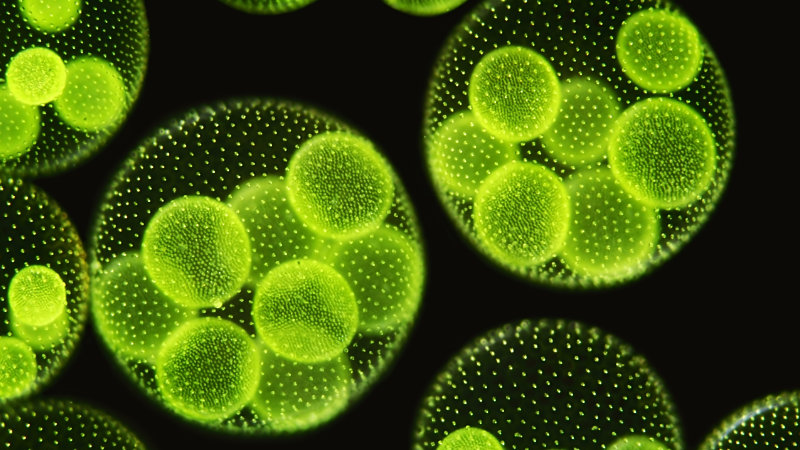
Trekking Into Darkness: Algae’s New Frontier in Biotechnology
Welcome aboard, dear readers of the acib-blog, to an exciting journey into the uncharted realms of biotechnology. Inspired by thrilling space-faring adventures, we at the acib invite you to explore the groundbreaking world of heterotrophic microalgae cultivation.

On our way to a universal vaccine for gastrointestinal illnesses?
A Revolutionary Platform Targeting Helicobacter pylori and Campylobacter spp.. The human gastrointestinal tract is home to a vast and diverse community of microorganisms, collectively known as the gut microbiome. This intricate ecosystem plays a crucial role in digestion, nutrient absorption, and immune function. However, it can also be disrupted by pathogenic bacteria, leading to a range of gastrointestinal illnesses.

The Fascinating World of Human Milk Oligosaccharides (HMOs)
Human milk is a marvel of nature, carefully crafted over millions of years to provide optimal nutrition for infants. Among the key components of human breast milk are Human Milk Oligosaccharides (HMOs), complex sugars that play a vital role in infant development …

Protein Engineering Beyond Nature’s Limit: A Deep Dive into a New and Innovative Approach
Proteins, the molecular workhorses of life, have been at the heart of countless scientific breakthroughs and industrial applications. However, their inherent limitations, shaped by millions of years of evolution, often hinder their utility in modern contexts …

Stabilizers revolutionize biopharmaceutical production with CHO Cells
The biopharmaceutical industry stands at the forefront of modern medicine, offering life-saving treatments such as antibodies, vaccines, and cell therapeutics. Central to the production of these advanced therapies are mammalian cell lines, with Chinese Hamster Ovary (CHO) cells being the workhorse of choice.

Green Pharmaceuticals from Lignin: A Sustainable Revolution in the Pharma Industry
Imagine a future where the pharmaceuticals we rely on every day are derived from renewable agricultural and forestry waste rather than non-renewable petroleum resources. This vision represents a transformative shift in the pharmaceutical industry towards sustainability and circular economy. The advent of green and bio-based pharmaceuticals heralds a new era where innovative approaches in green chemistry and biotechnology can produce therapeutic agents and with a significantly reduced ecological footprint. This holistic strategy aligns with the increasing global demand for sustainable solutions, setting the stage for a future rich in renewable medicines and adjuvants.

Leveraging Microscopic Moo-vement: Unleashing the Power of Milk EVs for Gut Health!
Welcome, curious innovators of digestive health! If you’re tired of the same old gut health solutions, it’s time to turn your attention to a tiny yet mighty game-changer: Milk Extracellular Vesicles (mEVs). These microscopic marvels are poised to revolutionize the way we approach gut health, and we’re here to tell you why.

May the Force Be With Your Protein Research: acib Offers Lightspeed Insights with HDX-MS!
Greetings, Life Science Jedis on a quest to unravel the mysteries of the protein galaxy! In your journey through the biochemical universe, traditional techniques often leave you stranded on the dark side of insufficient data, akin to facing the formidable Death Star . But fear not, for the Austrian Centre of Industrial Biotechnology (acib) has harnessed a tool that would impress even Master Yoda: Hydrogen-Deuterium Exchange coupled to Mass Spectrometry (HDX-MS).

Microbial Phytosterol Production: A Sustainable Approach by acib
The quest for healthier lifestyles has driven substantial interest in natural compounds with proven health benefits. Among these, phytosterols stand out as a powerful group of substances with a plethora of positive effects on human and animal health.

The Prebiotic Revolution: Unleashing the Power of Your Gut Microbiome
Have you ever heard of the gut microbiome? It’s a fancy way of saying the trillions of microorganisms that live inside your intestines. These aren’t unwanted guests, but a complex ecosystem known as the gut microbiome. These microscopic marvels play a surprisingly significant role in your overall health, influencing everything from digestion and immunity to mood and even weight management.

The Elastic Revolution: How mcl-PHAs Are Reshaping Our Future
Our world craves flexibility. From the bounce in our athletic shoes to the stretch in our favorite clothing, elastic materials play a vital role in our daily lives. However, there’s a dark side to this convenience: traditional elastic materials often rely on synthetic polymers derived from fossil fuels. These materials contribute to plastic pollution and a growing environmental crisis.
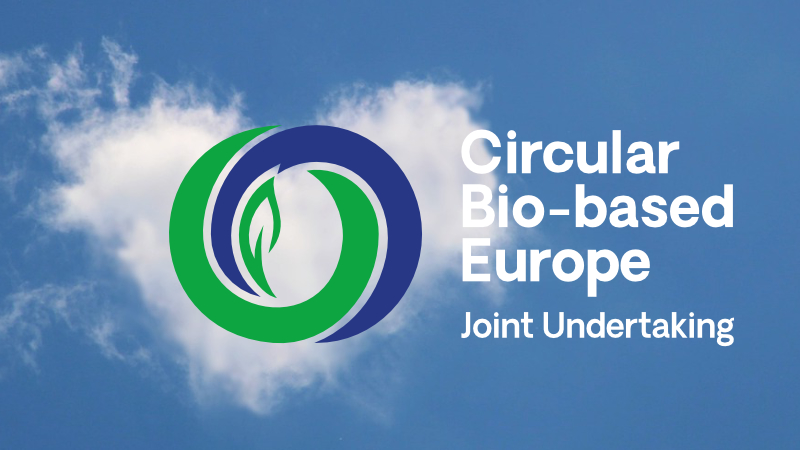
Collaboration opportunities for Circular Bio-based Europe Joint Undertaking call 2024
The Bio-based Industries Consortium (BIC) in partnership with the European Union has announced an open call for proposals under the Circular Bio-based Europe Joint Undertaking (CBE JU). It funds research and innovation projects that advance circular bio-based industries in Europe under the EU’s Horizon Europe programme. The 2024 call for proposals is open for submission until 18 September 2024 at 17:00 CET.
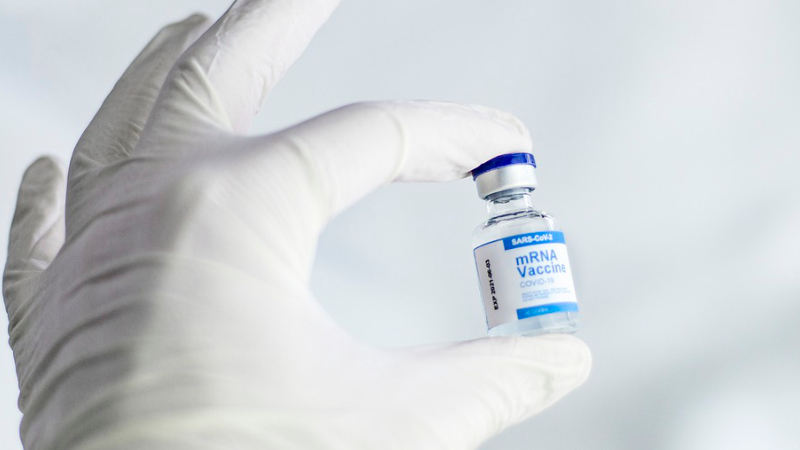
Further Improving Vaccine Safety: The Role of Vasoconstrictors in mRNA Vaccine Preparation
In the midst of the COVID-19 pandemic, the development and deployment of mRNA vaccines have been hailed as a triumph of modern medicine. These groundbreaking vaccines offer unprecedented levels of efficacy against the virus, paving the way for a return to normalcy. However, concerns have emerged regarding the safety profile of mRNA vaccines, particularly with regards to the risk of adverse effects such as myocarditis. In this blog, we delve into an innovative approach to enhance the safety and efficacy of mRNA vaccines: the incorporation of vasoconstrictors during vaccine preparation.
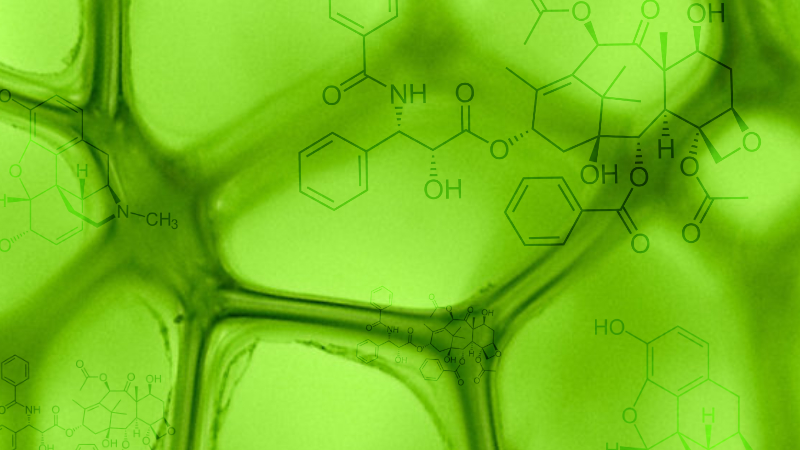
Next-Generation Medicines: The Promise of Plant Cell-Based Alkaloid Production
In the vast landscape of pharmaceuticals, plant-derived compounds, also called alkaloids, have long held a significant place. Many of them are first choice medicines to treat cancer, pain, malaria, and dementia. Production of these essential compounds by large still relies on field-grown plant material and chemical extraction. The lack of alternative production platforms makes supply chains of alkaloid-based medication vulnerable and dependent on environmental and socio-economic factors. To overcome current limitations, acib is in the forefront to develop a scalable, bioreactor-based technology to produce high-value plant alkaloids through a plant cell-based technology. Therefore, we are looking for partners to join our forces to revolutionize the production of plant alkaloids.

Decoding the Cellular Symphony: The Marvels of CHO-Cell Technology in Biopharmaceuticals
In the vast realm of biopharmaceuticals, where science meets innovation, a microscopic hero has emerged—Chinese Hamster Ovary (CHO) cells. These unassuming cells have become the unsung champions of our quest for groundbreaking therapies, weaving a tale of genetic intricacies and technological triumphs.

Wastewater: On the trail of the Evolving COVID-19 Variants
Even as we approach the end of 2023, the COVID-19 pandemic, which once seemed like a narrative out of a science fiction tale, continues to evolve. Austria, having lifted all COVID-19 restrictions, now faces the challenge of monitoring the virus’s ever-changing landscape. The persistence of COVID-19 is evident in the ongoing circulation of Omicron subvariants like EG.5 and BA.2.86, which are currently prevalent across Europe.
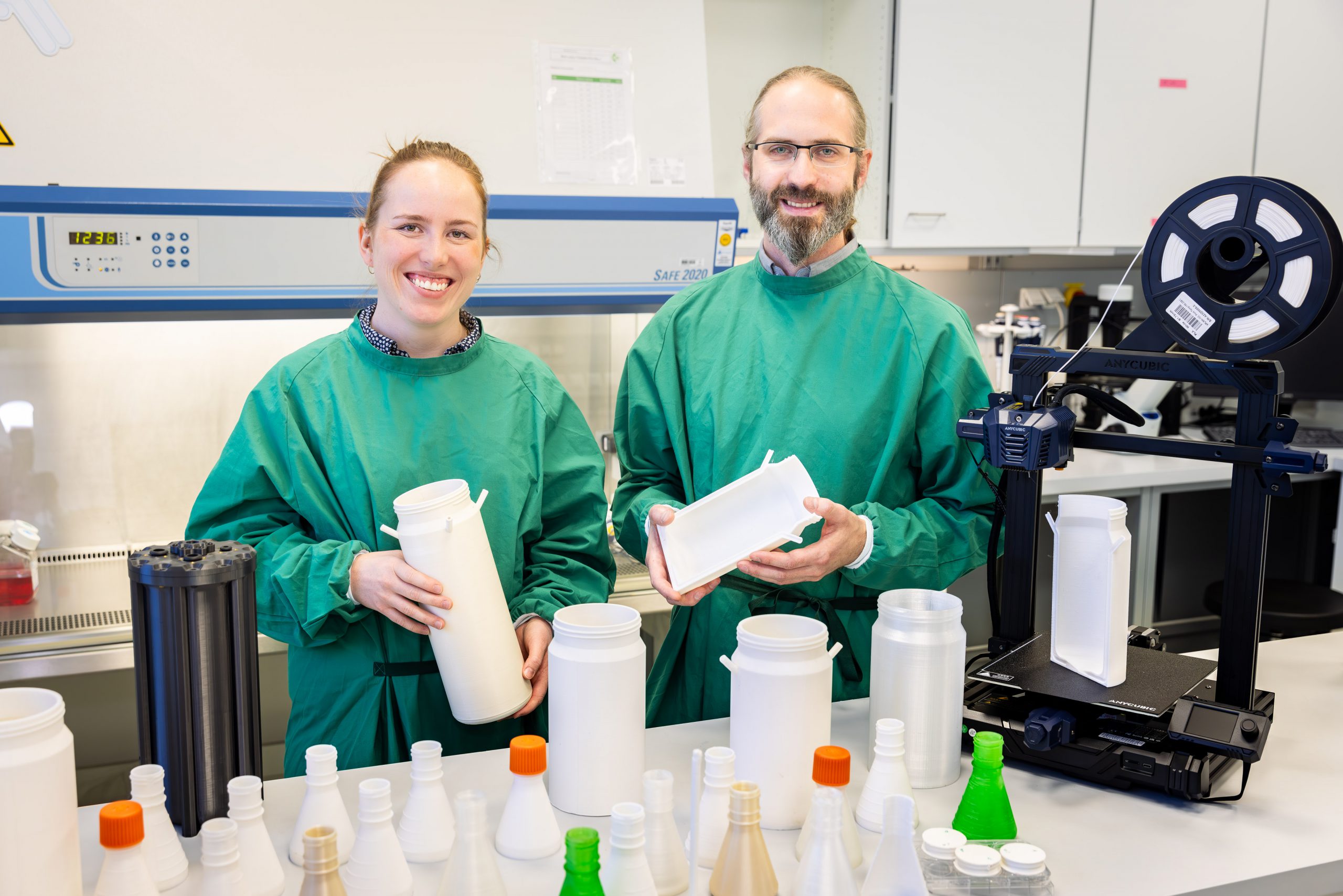
Sterile laboratory equipment from the 3D printer
Viennese acib and BOKU researchers are developing a sterile 3D printing process that can be used to produce laboratory equipment from environmentally friendly and biodegradable plastic. This could avoid several million tons of single-use plastic waste and reduce resource, energy and water consumption by up to 90 percent.
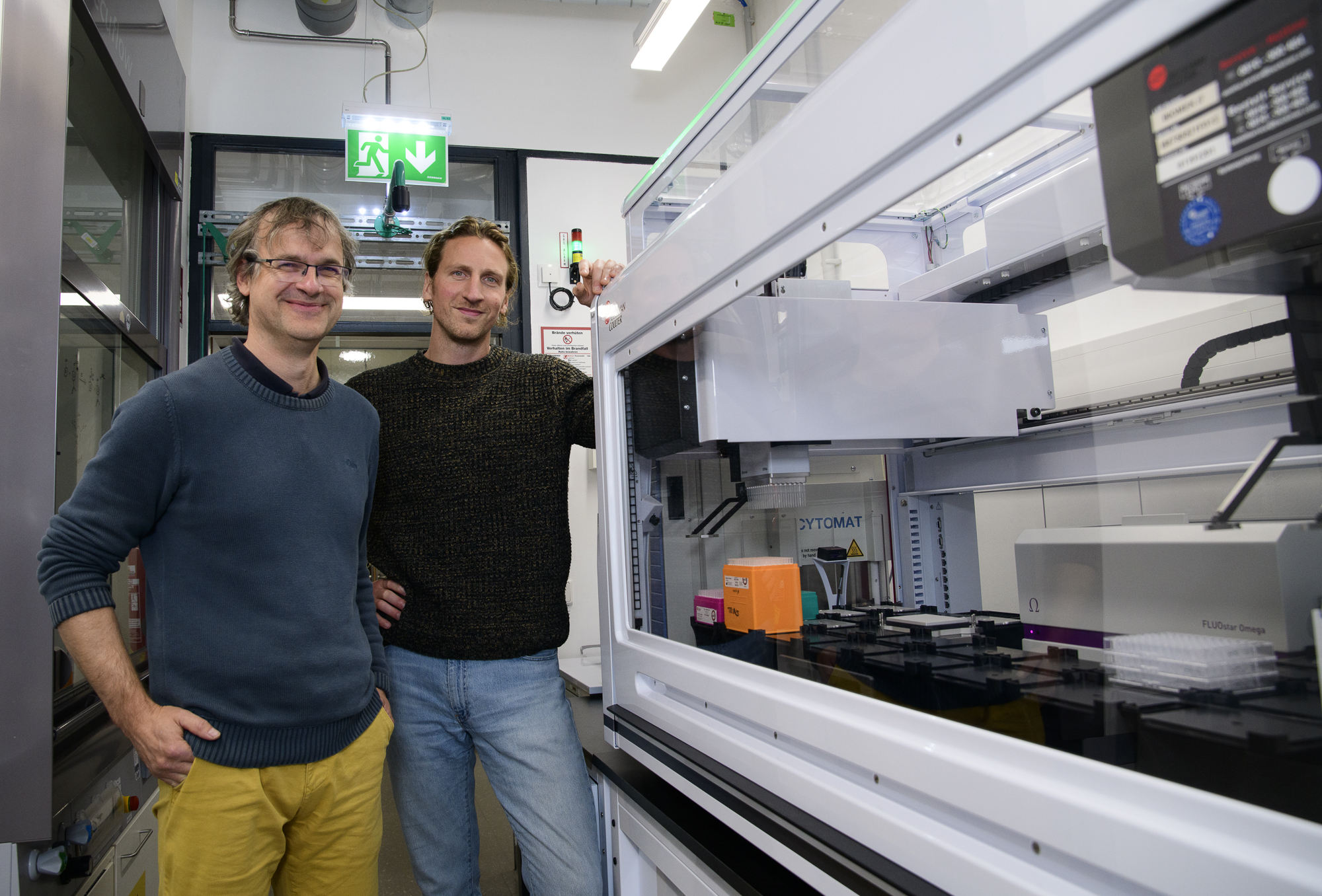
Environmentally friendly and faster drug production
Researchers have found a way to make the industrial production of pharmaceuticals, as well as flavorings and biopolymers, more environmentally friendly: Unlike chemical processes that use toxic heavy metals, the new biocatalytic synthesis pathway uses natural enzymes as reaction accelerators. In combination with an innovative enzyme search and screening process, the products can be manufactured faster and much more cost-effectively than before. The process has already been launched on the market: The bisy company is now using the new method to search for new enzymes for customers worldwide.
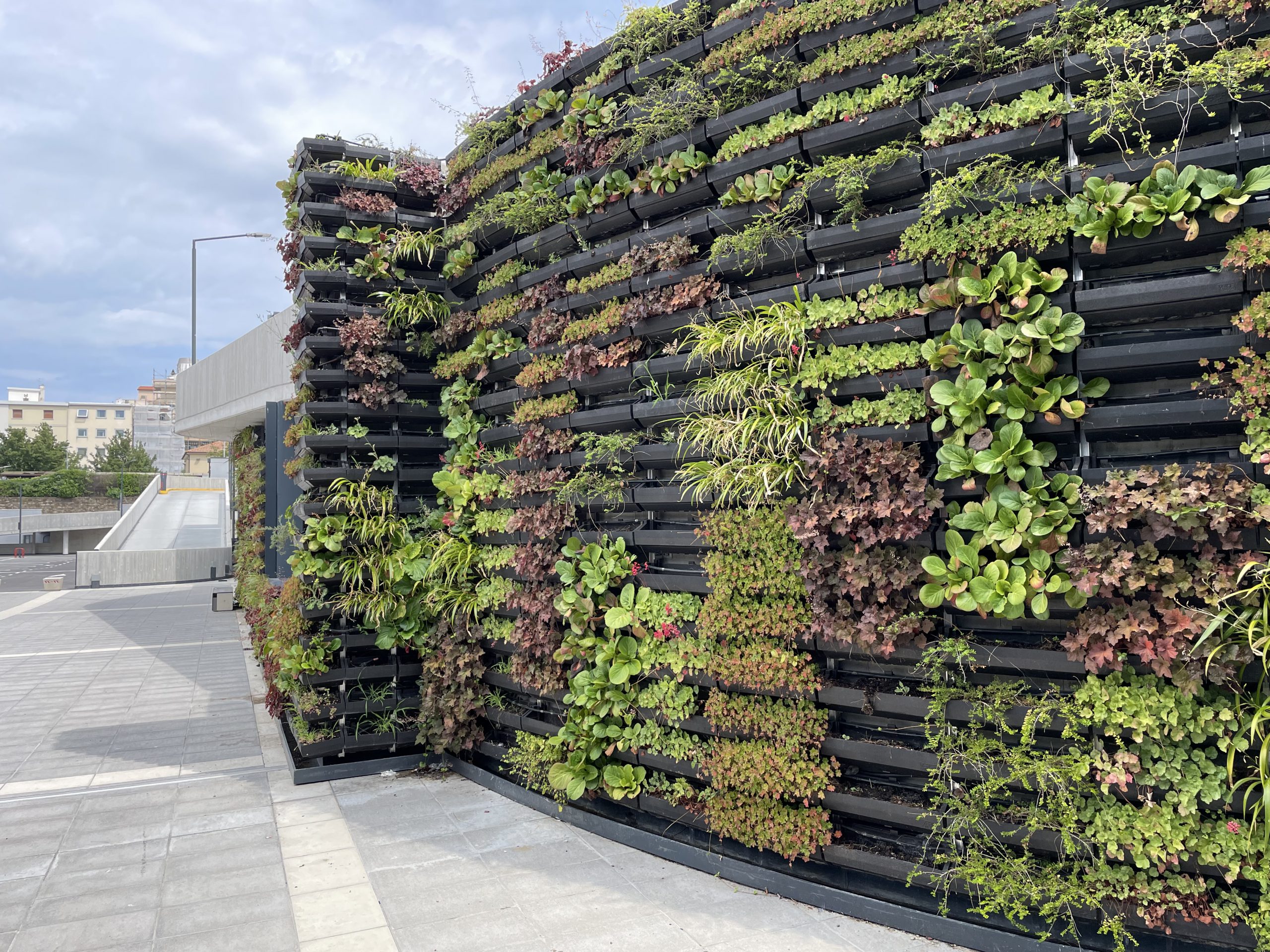
Biotech meets architecture
As technology advances and our understanding of biological systems deepens, the integration of biotechnology into architecture is likely to lead to even more innovative and sustainable solutions for buildings, gardens, and city districts. The intersection of biotechnology and architecture opens up innovative opportunities for creating sustainable, efficient, and aesthetically pleasing built environments. acib looks at several ways biotechnology can be integrated into architecture.

PhD Career Stories: Business Development
Martin Trinker, our Director of Business Development was invited to a podcast episode of PhD Career Stories. Enjoy listening!

Unveiling Agnotology: Empowering Informed Societies
In the digital age, where information floods our screens, the rise of agnotology has darkened the pursuit of truth. Agnotology, a term coined by Robert N. Proctor1, refers to both, the study of culturally induced ignorance and the deliberate spread of misinformation to create confusion and doubt2.

Von Holz zu Biokunststoff
Im Rahmen eines Praktikums durften wir (drei Schüler der Forstschule Bruck) an der TU Graz bzw. beim acib (Austrian Centre of Industrial Biotechnology) den Weg vom Holz zum Biokunststoff im Rahmen unserer Diplomarbeit erforschen.

Biobased and biodegradable plastics for safer, more sustainable products
As part of the EU project BIO-PLASTICS EUROPE, 22 scientific and industrial project partners from 13 countries are working on sustainable solutions for the production of biobased and biodegradable plastics to bring sustainable and safe products to market – from reusable cutlery and toys to packaging and agricultural products.